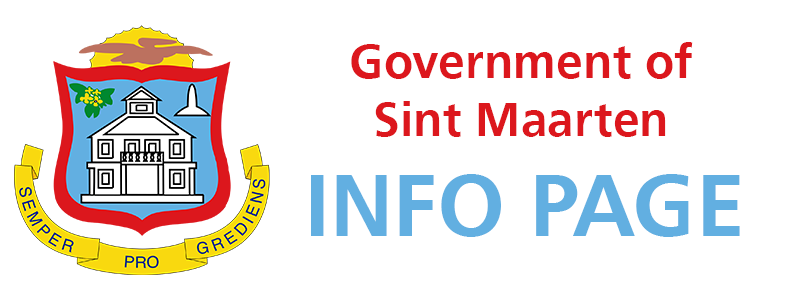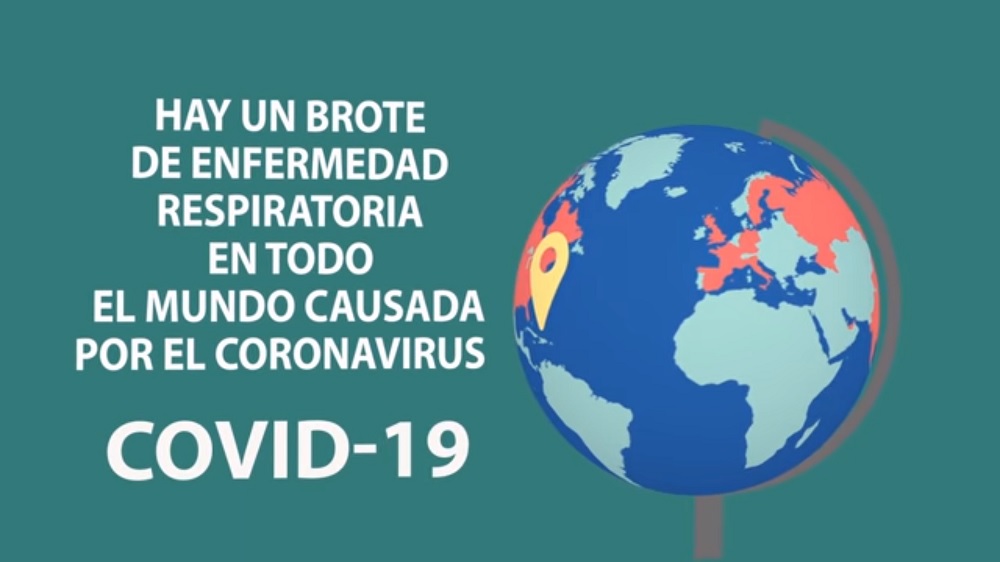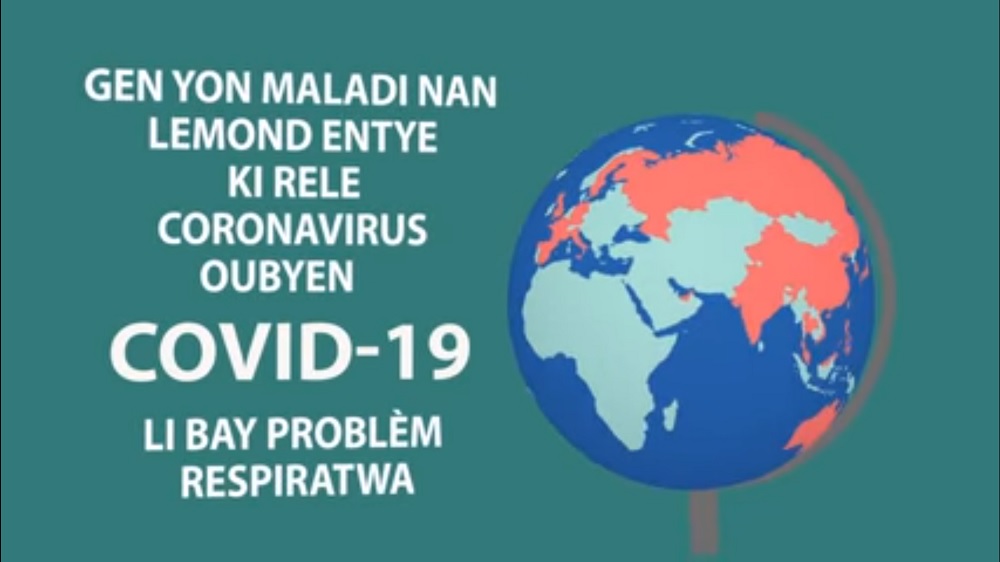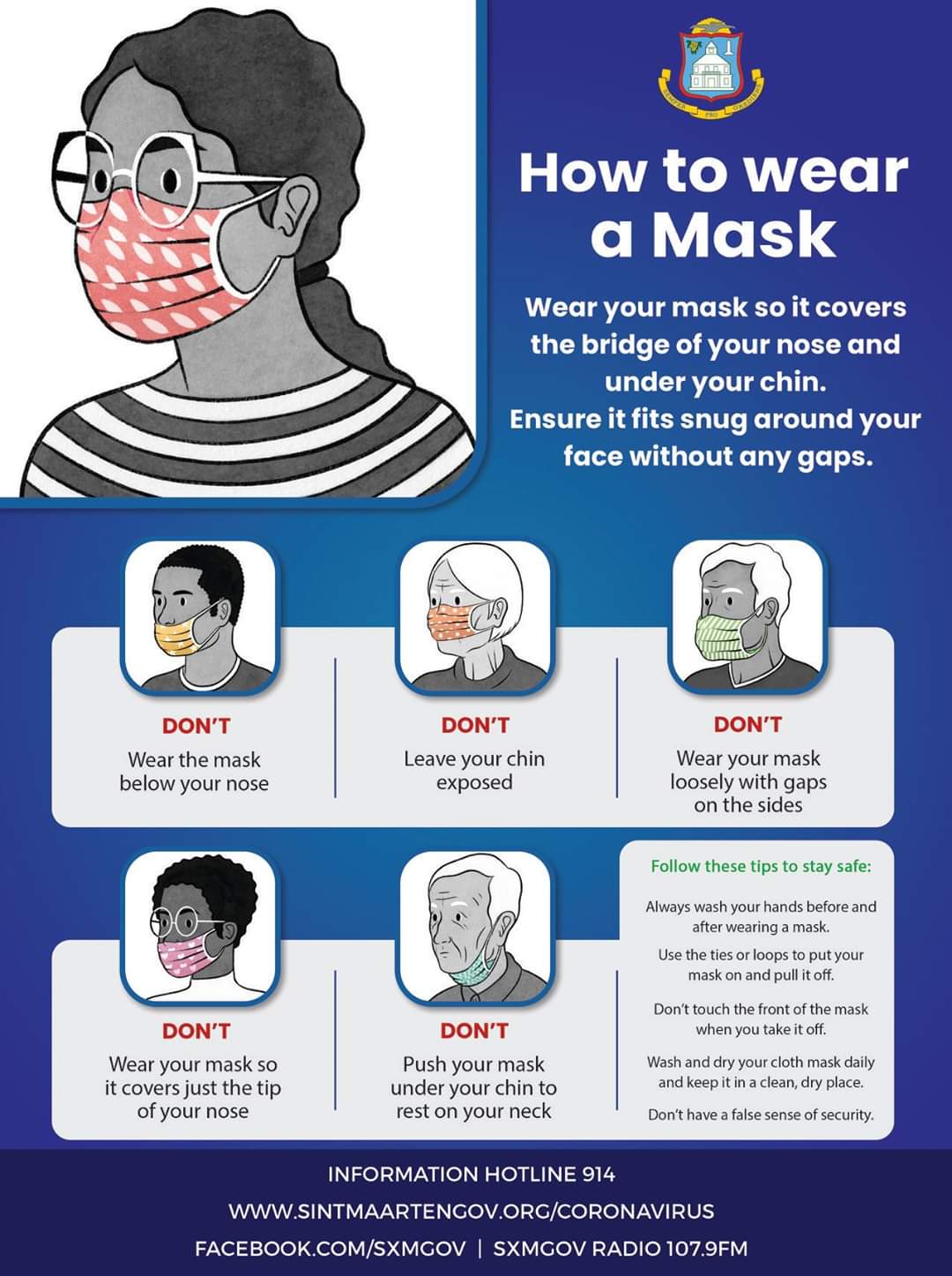Election Guide – The Do’s and Don’ts of electing our leaders
By David Salomon
Dear Editor,
With the elections slated to be at the end of this year, we’ve already seen several parties and persons pop out of the woodworks in an effort to convince you, the reading, voting populous, to vote for them. I strongly encourage those that truly want change for the better for St. Maarten to jump into the arena, as with the current political climate one thing is clear, we need change. However, we must be wary of falling in the same pitfalls as we’ve done in the past. We need a way to effectively separate the wheat from the chaff, a task that isn’t as easy as one might think. The problem is it is often those with the most charisma, large families, weak moral compasses, or compelling speech that end up taking advantage of us. The question then arises, how do we see passed the words? How can we pick the ones that even when secretly recorded, have the best interest of the people of St. Maarten at heart?
In this guide I attempt to do just that. Give you, the voting people of this nation, a checklist of sorts to hold up to your prospective candidates to gauge how well they score, and to truly see if they are worthy of your precious vote.
The Do’s
There are a variety of characteristics that people should look for in their elected leaders, depending on their personal values and priorities. However, some common characteristics that many people consider important in a leader include:
- Integrity: A leader who demonstrates honesty, ethics, and moral principles in their words and actions can build trust with their constituents.
- Competence: A leader who possesses the skills and knowledge necessary to effectively perform the duties of their office can inspire confidence in their ability to govern.
- Vision: A leader who has a clear, compelling vision for the future of their community or country can inspire others to work towards a shared goal.
- Empathy: A leader who is able to listen to and understand the needs and concerns of their constituents can build strong relationships and create policies that serve the interests of the people.
- Courage: A leader who is willing to take bold action and make difficult decisions, even in the face of opposition or controversy, can demonstrate strong leadership and inspire others to follow.
- Collaboration: A leader who is able to work effectively with others, including those with differing perspectives and opinions, can foster a sense of unity and teamwork that can lead to greater success.
- Accountability: A leader who takes responsibility for their actions and decisions and is willing to be transparent about their work can build trust and demonstrate their commitment to serving their constituents.
Truly all of the above characteristics are required on St. Maarten, but integrity, accountability, vision, and collaboration stand out to me as being the most urgent. The trust has been lost in our governing institutions, slowly decayed by individualistic pursuits at the cost of the greater good for the island. Again, I’ll reiterate my standpoint on the matter:
“When you have the right people, the right mindset, the right political will, and the right policies in place to benefit the collective over the individual, the end result is that EVERYONE is better off.”
The Don’ts
As for the don’ts, there are several pitfalls we need to actively avoid here, these are:
- Avoid voting for someone solely based on their personality or charisma. While these traits can be appealing, they do not necessarily indicate that the person is the best candidate for the job.
- By extension, also don’t vote simply because someone has the right last name. Family ties in power may seem like a net gain for you, however when factoring in the decay in trust, and the cost of this decay, you and the rest of your family end up spending way more in mediocre education, healthcare, infrastructure, and so much more.
- Avoid voting for someone who makes unrealistic promises or guarantees. Be wary of politicians who claim that they can solve all of your problems, as this is often an indication that they are not being honest or realistic about what they can accomplish.
- Avoid voting for someone who engages in negative campaigning or mudslinging. Candidates who resort to personal attacks and character assassination are often trying to distract voters from their own shortcomings or lack of qualifications. This is a significant red flag and should not be overlooked.
- Avoid voting for someone who has a history of unethical or illegal behavior. Candidates who have been involved in corruption, fraud, or other criminal activities are unlikely to be effective leaders and may even be a liability to the community they serve. This is the biggest red flag that needs to be avoided at all cost.
With the above you have a good starting point to assess and score various candidates accordingly. It is by no means an end-all guide that factors in everything however it’s a start. How you exactly go about it is up to you, you can assign different “weights” to those categories you deem more important than others. A candidate can receive plus points for all the Do’s that they have and minus points (or zero if not applicable) for all the Don’ts. As long as you’re consistent the results should give you a very decent overview which can then be shared on social media or used to fuel lively debates amongst your friends and family.
David Salomon










